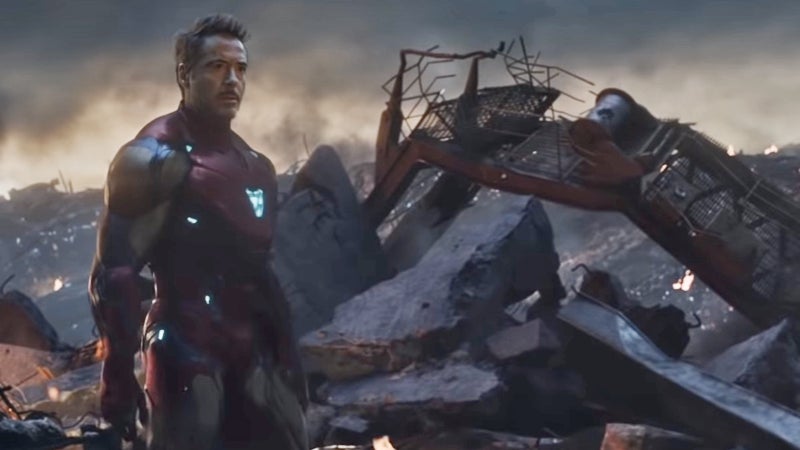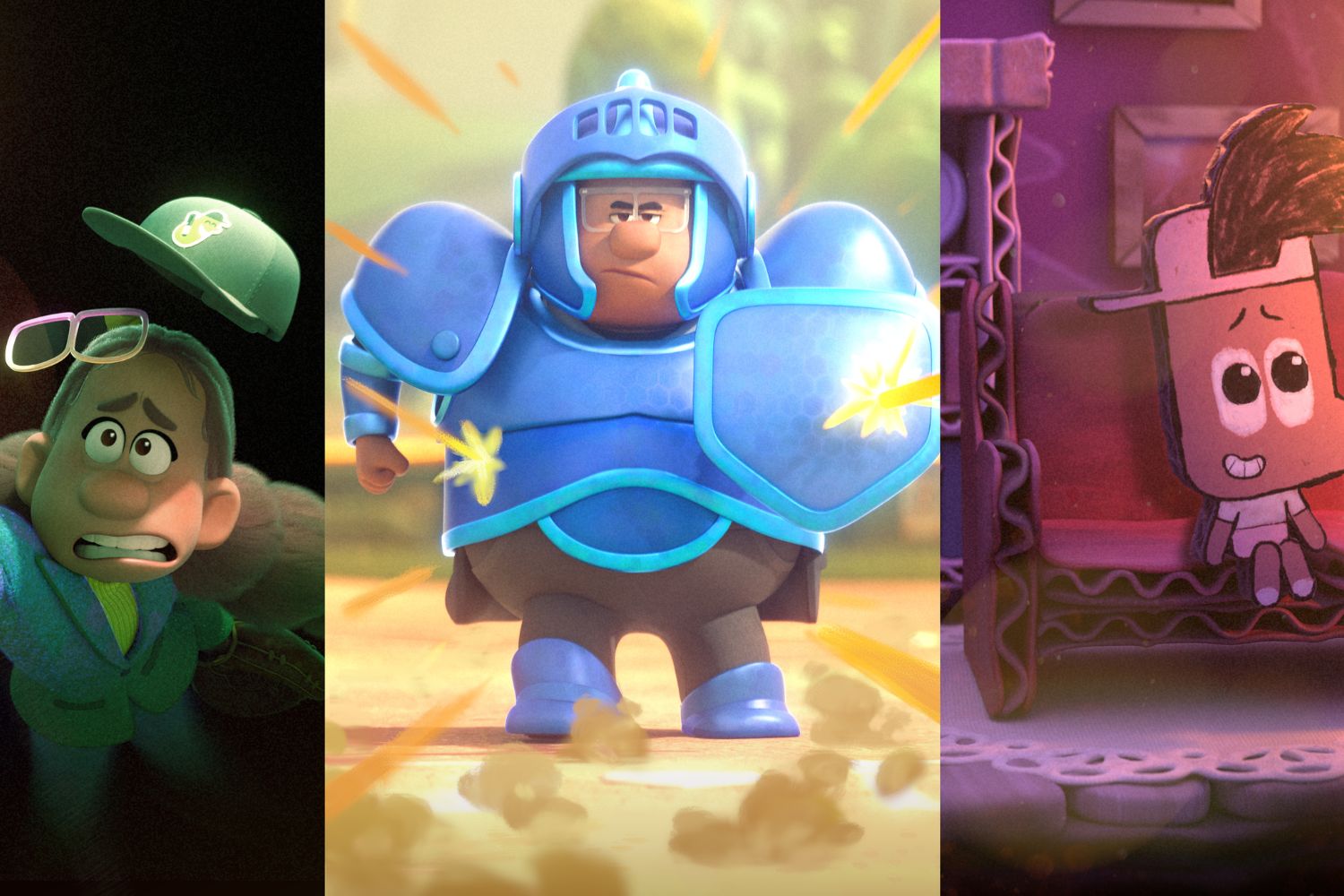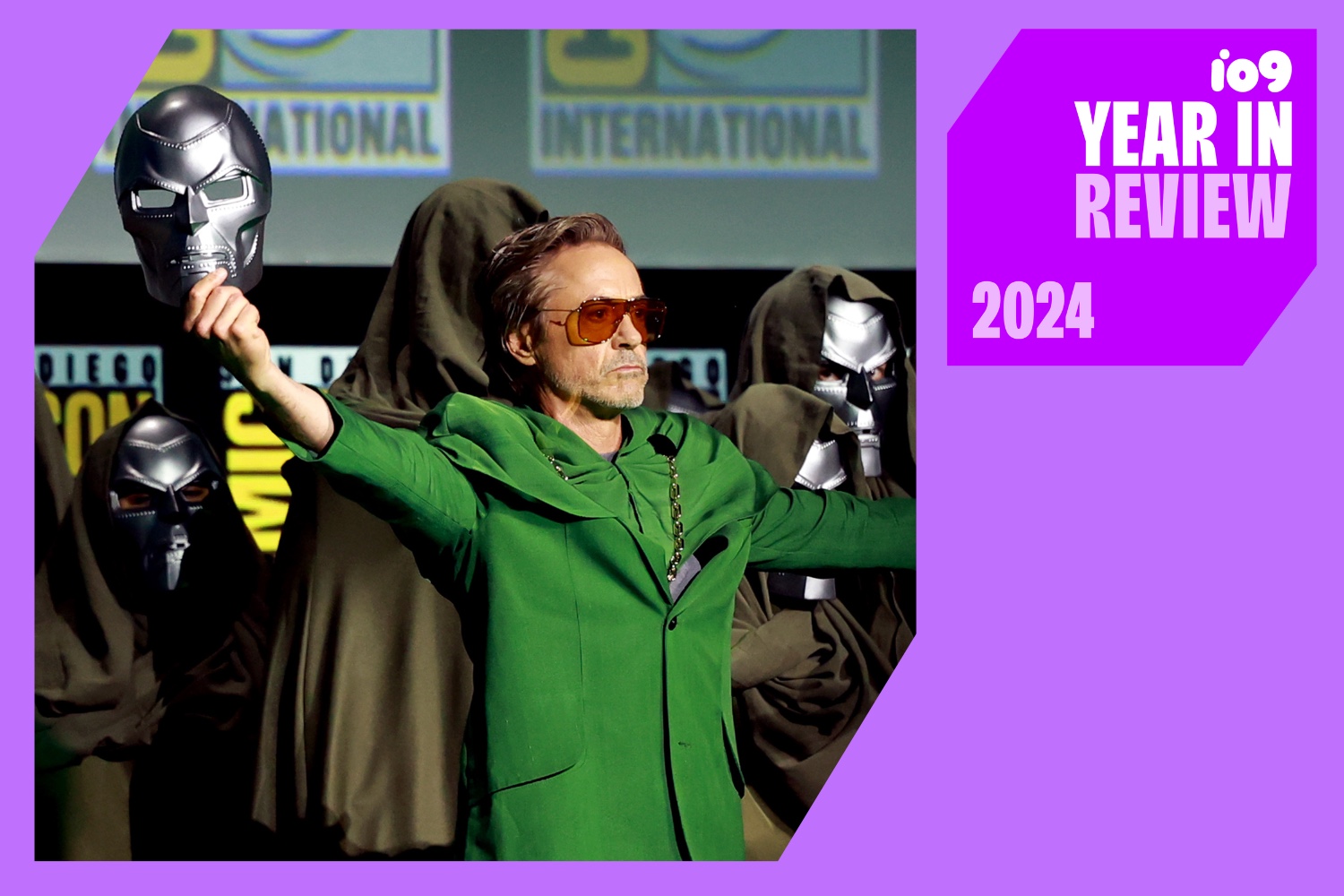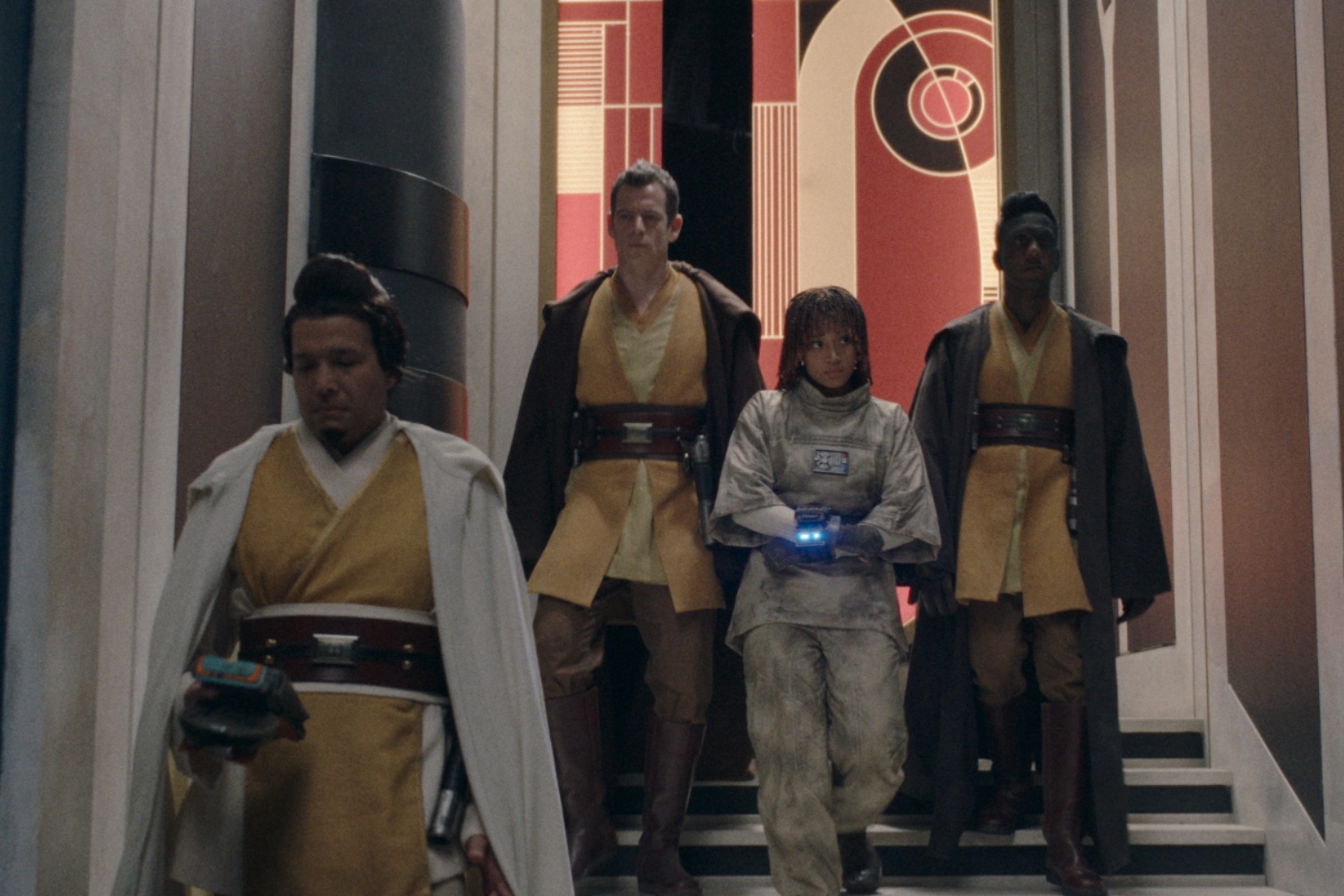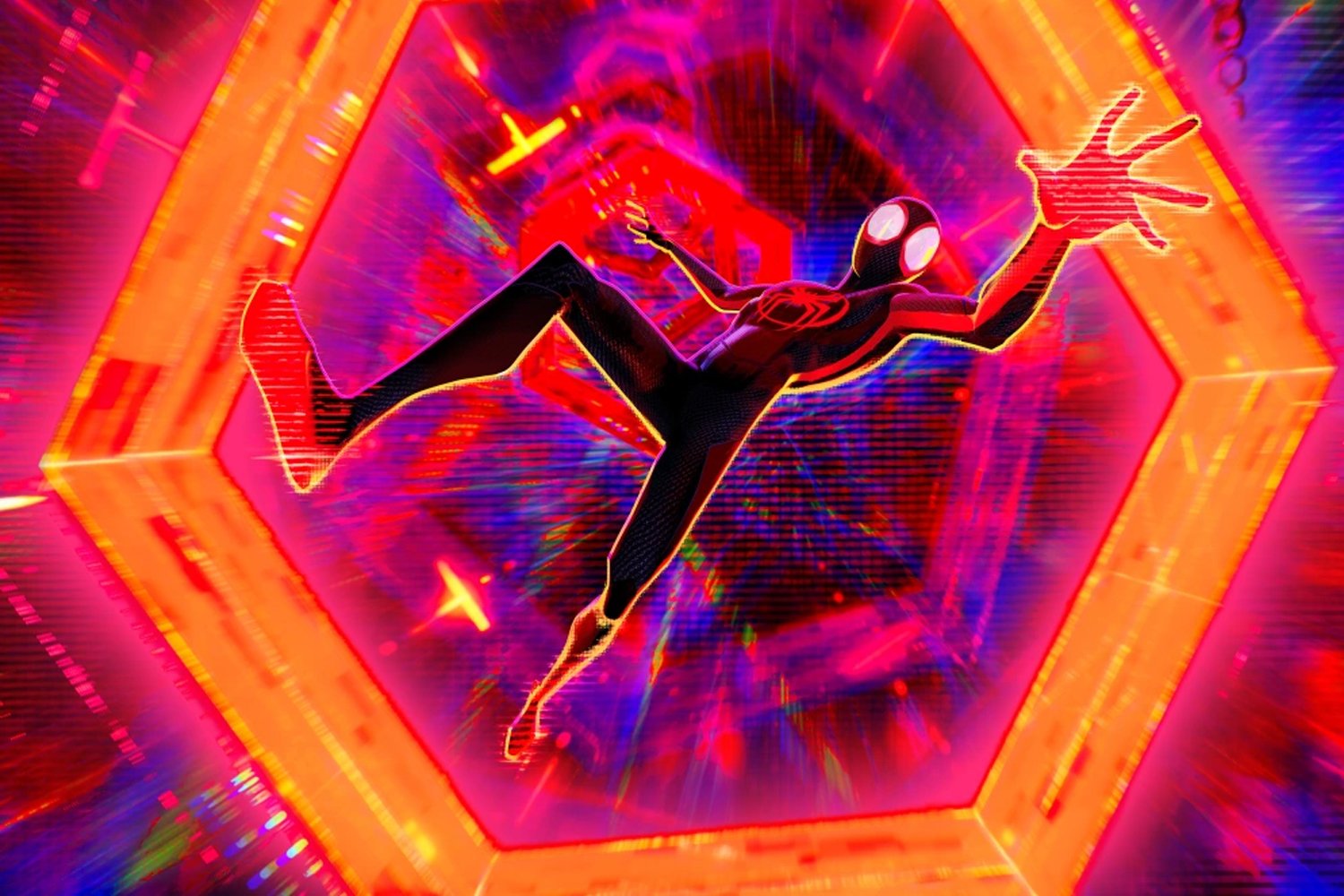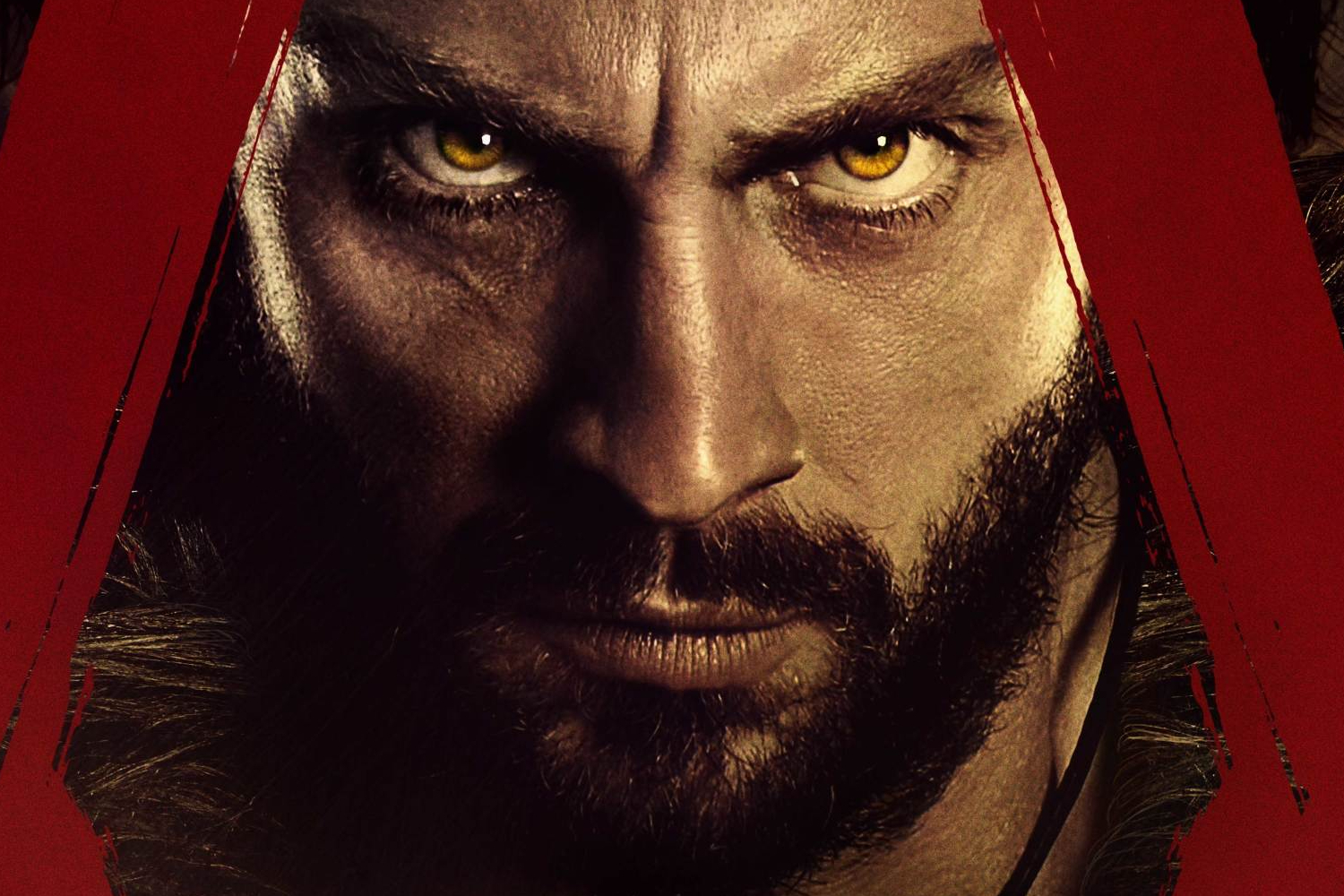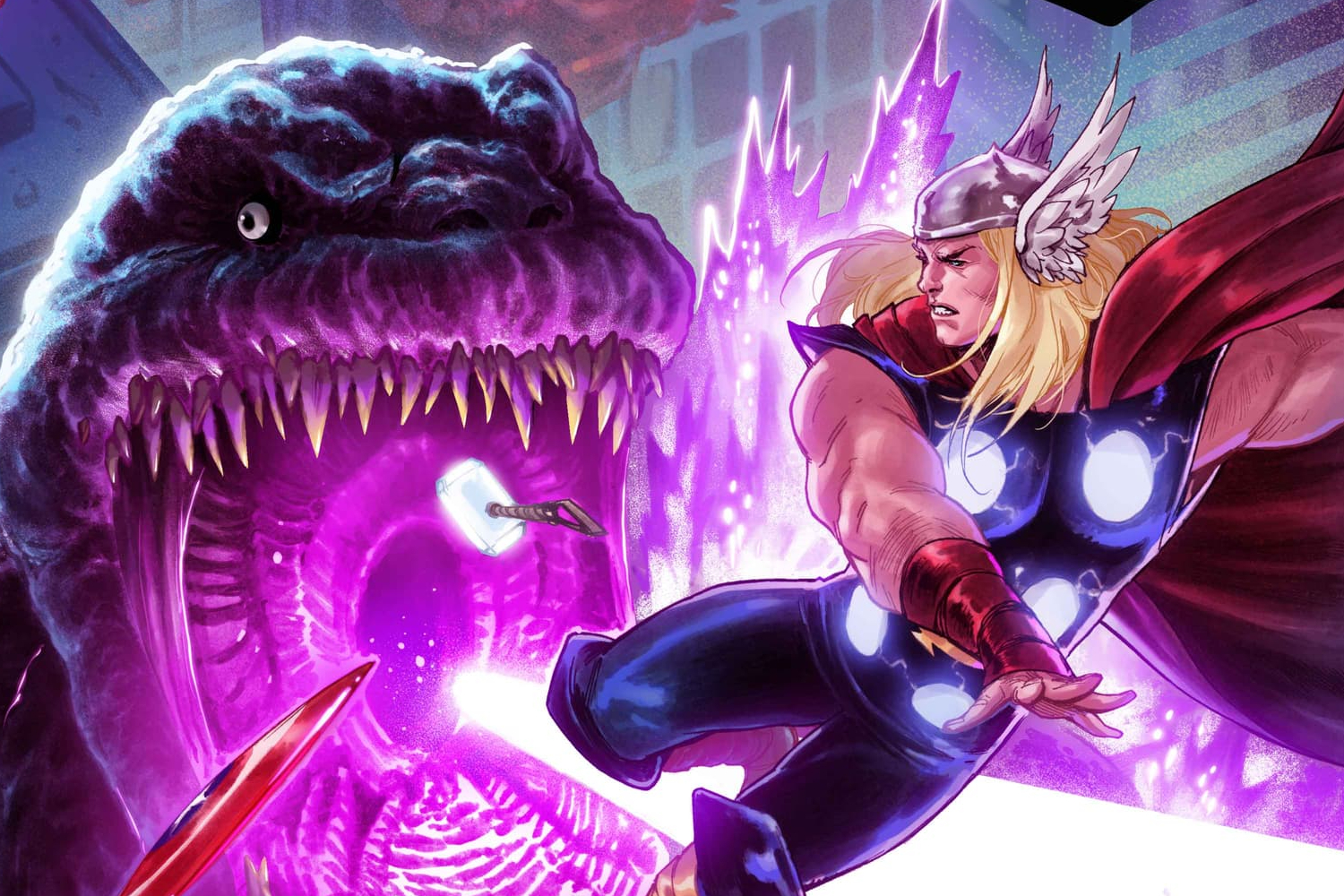About 20 minutes into my screening of Avengers: Endgame, I started losing my mind. It was a befuddlement not necessarily caused by what was happening on screen and what it meant for the plot of the film, but because what I was seeing unfold felt like it shouldn’t exist. Or that it arguably can ever exist in another form, ever again.
 Once removed from the context of its place as the cap on 11 years of film making, Endgame is a deeply impenetrable movie to an inexperienced viewer. In fact, it’s so deeply enmeshed within that framework of the Marvel Cinematic Universe that even attempting to remove it from such a context feels futile. Who is this blonde woman walking around threatening to kill whatever a Thanos is, an unlucky, potentially first-time watcher of a Marvel movie sitting down for Endgame might ask? Well, you missed out watching the last Marvel movie, which sets up her origin 20 years prior to this scene, and this movie sure as hell won’t explain any of that, or how she got here to you. You need to go watch the post-credits scene of that other movie to understand that.
Once removed from the context of its place as the cap on 11 years of film making, Endgame is a deeply impenetrable movie to an inexperienced viewer. In fact, it’s so deeply enmeshed within that framework of the Marvel Cinematic Universe that even attempting to remove it from such a context feels futile. Who is this blonde woman walking around threatening to kill whatever a Thanos is, an unlucky, potentially first-time watcher of a Marvel movie sitting down for Endgame might ask? Well, you missed out watching the last Marvel movie, which sets up her origin 20 years prior to this scene, and this movie sure as hell won’t explain any of that, or how she got here to you. You need to go watch the post-credits scene of that other movie to understand that.
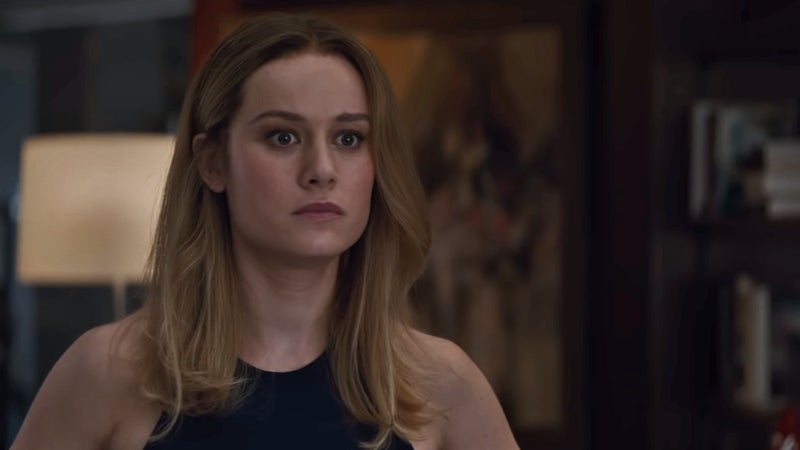
Characters fly in and out of scenes, and are brought into the narrative with zero introduction. Things happen based on the sheer, giddy assumption that you remember, and are intimately familiar with, plot details and character beats not just from a film that came out last year, but movies that came out over the last decade. And not just for Easter egg callbacks—although there’s plenty of that too, both to the films before it and the comics that inspired it—but for tangible arcs of Endgame’s entire plot, our heroes jumping across their own cinematic timeline to gather the Infinity Stones from points before they were taken in previous films.
This movie invites you to prominently recall the events of Thor: The Dark World, goddammit! Who’s done that since Thor: The Dark World came out!?
And when it’s not just throwing the smörgåsbord of connections and plot beats at you—at a pace that is frankly alarming for a movie that is three hours long—Avengers: Endgame loves itself, and the Marvel movies that came before, perhaps more than any other movie I’ve seen.
Every inch of the film is laden with knowingly self-indulgent touches, that not only act as indulgence for the characters—Tony Stark gets to say thank you to his father years after he was taken out of his life by tragic circumstance, Thor gets to be proven right years after Age of Ultron about the worthiness of Steve Rogers, and Steve finally gets that date with Peggy Carter he scheduled in The First Avenger—but also the wider meta-narrative of the build-up to this movie itself. For instance, a scene where Thor: Ragnarok characters Korg and Miek play Fortnite, a video game Endgame is currently crossing over with.
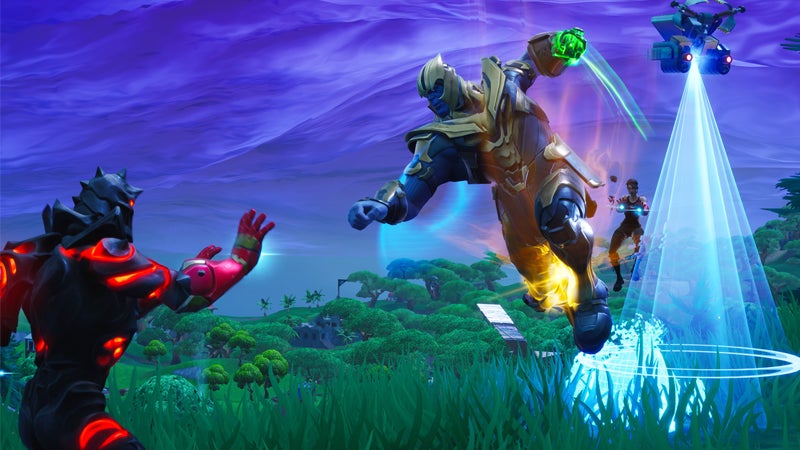
Hell, this movie has an extended sequence in which Captain America admires his own ass (not on himself but on a past version of himself)—as an acknowledgement of the wider internet discourse of said ass’s prominence on prior Marvel movie posters and fandom at large—before he proceeds to walk right into a shot-for-shot homage to the set-up for Chris Evans’ favorite fight scene from The Winter Soldier. That moment itself is diffused by Cap calling back to that film’s big twist and also the 2016-2017 comic book event Secret Empire by whispering “Hail Hydra” in the ear of returning minor character Agent Sitwell.
It’s absurd.
All that might sound like I’m complaining about Endgame’s fanservice mania, and the barrier of entry it creates (or rather should create) for viewers who are not already submerged in the Marvel milieu. After all, there was a lot of discussion surrounding the baffling impenetrability of last year’s Avengers: Infinity War in the wake of its release—a movie that, in hindsight, Endgame basically looks at and goes “Oh, you thought that was impenetrable? Ha!” But I’m not—there are legitimate critiques of Endgame to be had that have nothing to do with its massive wall of canon.
Instead, I can’t help but find myself still slack-jawed, days removed from having seen it, at just how much Endgame gets away with on sheer, audacious glee alone. It also helps that it’s clear the film’s barriers did nothing to damage either its critical assessment (it sits at 96 percent consensus on Rotten Tomatoes as of writing, atop a throng of gushing reviews) or its box office chances this past weekend (to the tune of over $1.2 billion dollars around the world). It’s also clear that Avengers: Endgame itself knew that wouldn’t matter.
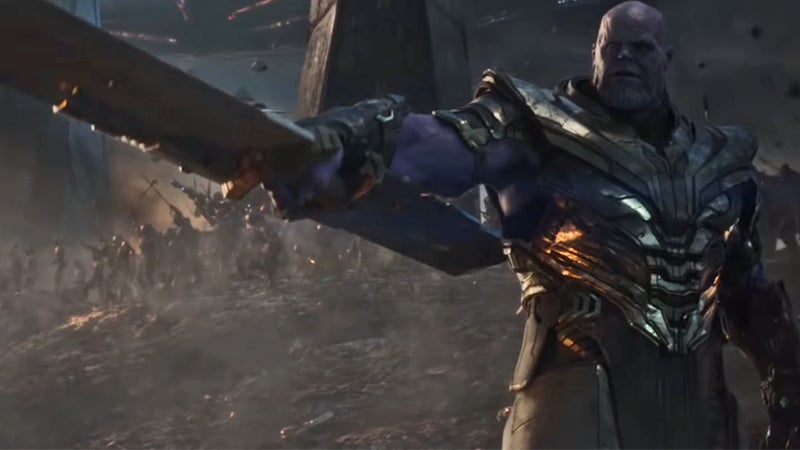
The architects behind this movie have spent 11 years and 21 blockbuster movies (21!) laying the groundwork to be able to pull off a film as joyously, indulgently ridiculous as Endgame. It finally, truly captures the wonderfully silly incomprehension of the comic books that inspired it in ways few other comic book movies before it have, because the Marvel Cinematic Universe has spent all this time slowly layering up a host of characters and events to draw upon in one explosive curtain call. Just like its source material has been doing for the best part of a century now, paying off stories in ludicrous, earth-shattering comic book events.
The fuse those movies spent a decade making has been lit, and can’t really be re-lit without building up the stockpile of narrative fireworks all over again. And who else in Hollywood right now could even do that? It is only with the command of a back catalog of films in which to sow the seeds for this overwhelming barrage of fanservice, or the consistent vision of a producer like Kevin Feige, or the unfathomable capitalist might of a studio like Disney—who can gather rival movie studios under its thrall like Thanos gathers Infinity Stones for his gauntlet—that such an undertaking could happen.
There will never be another movie like Avengers: Endgame. There can’t be.
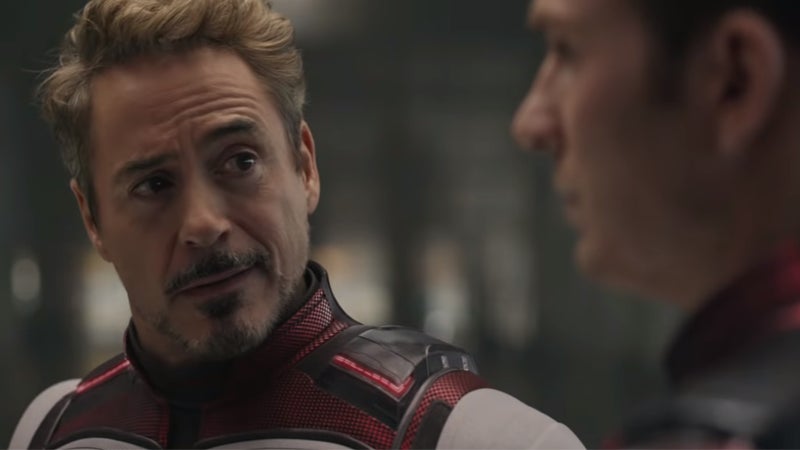
Even if the attempt is made—even if it’s one made by Disney and Marvel itself, another decade down the line—it can never match the perfect storm of circumstances that led to this individual moment, because Endgame is the first time such an audacious undertaking has been pulled off in this manner.
Eleven years ago we were all wondering if a controversial actor like Robert Downey Jr. playing a B-tier Marvel character like Iron Man—and who cared about Iron Man, of all superheroes, in those days?—could make for a compelling movie. Now, the sight of Downey’s signature in the end credits of a movie where he bid a final farewell to the role of Tony Stark is enough to make audiences well up with emotion. How can a second attempt at this sort of fanservice-laden payoff over a decade of cinema even remotely have the same impact as the incredulous idea of gathering together all these actors, and all these characters?
It’s an incredible, valiant achievement—one that was completely absurd to watch unfold this past weekend. But there’s a wonder in that absurdity that made doing so a complete delight. Whatever I ultimately end up taking away from Avengers: Endgame long after I’ve had the time to absorb it all, it’s a moment I don’t think I can ever forget.
For more, make sure you’re following us on our new Instagram @io9dotcom.
